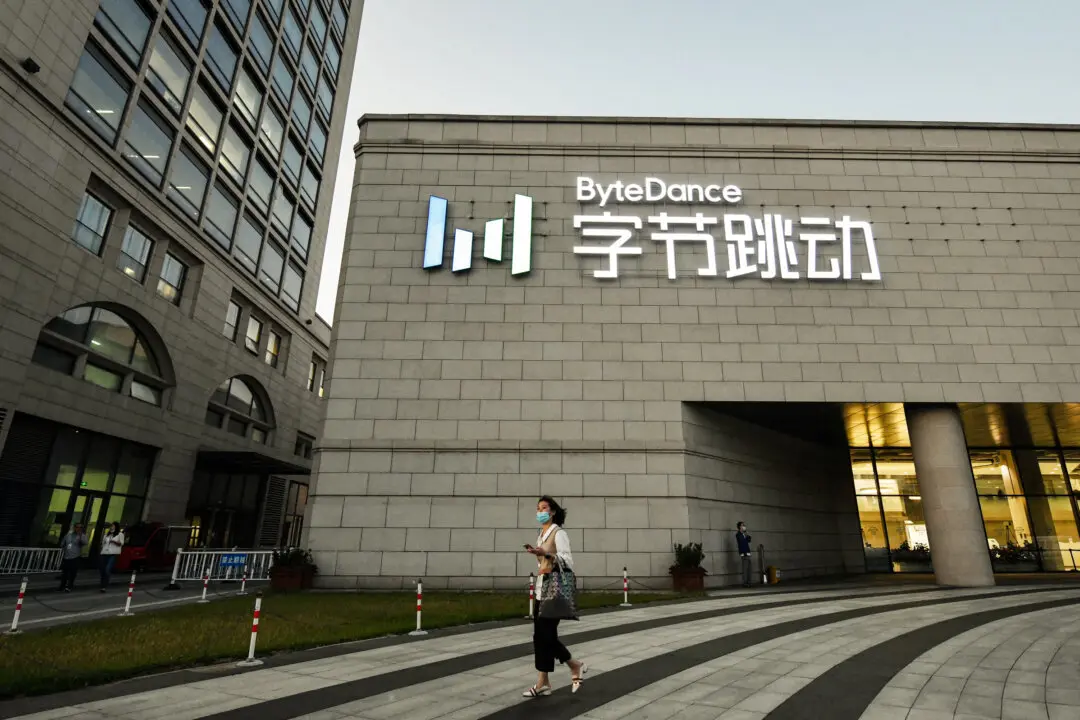China’s ruling communists have launched tax and land-use probes into Foxconn, one of tech giant Apple’s largest suppliers, as the company’s Taiwanese founder runs as an independent for the presidency of the self-governing island.
Observers believe that the sudden investigations into the company’s affairs may be politically motivated.




